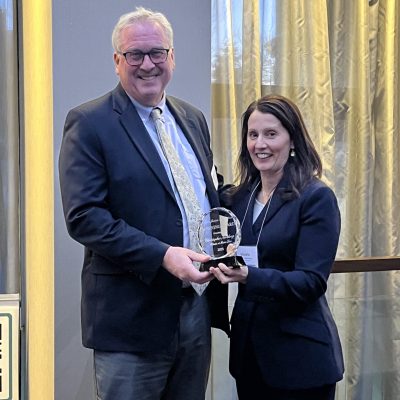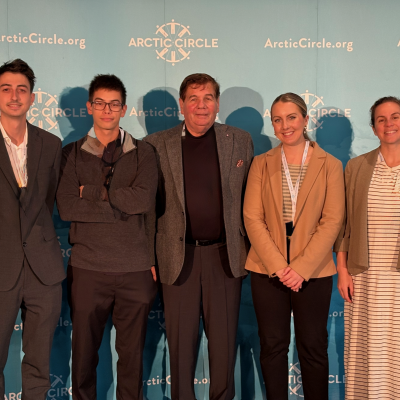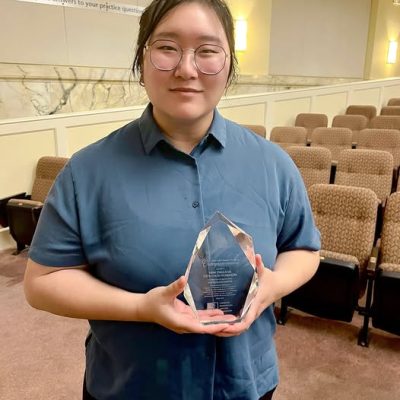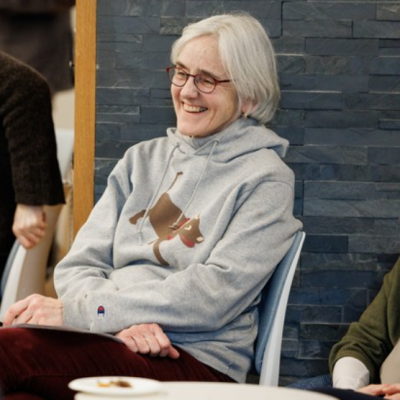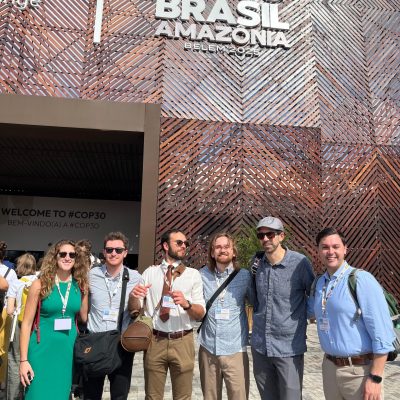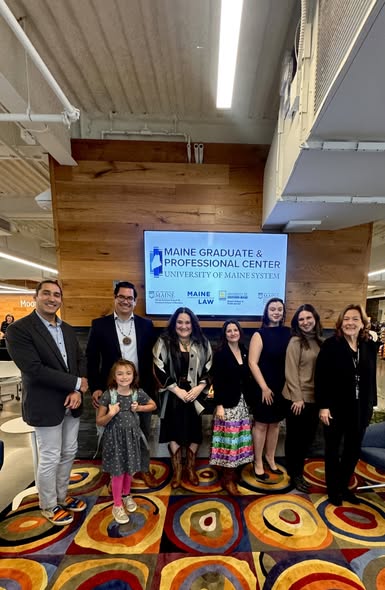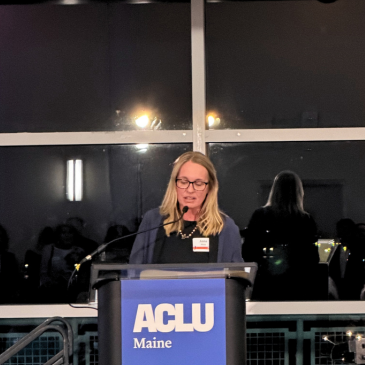 Professor Jeff Thaler’s latest article, “The Next Surges Are Here: What Can American Governments Lawfully Do in Response to the Ongoing COVID-19 Pandemic?,” has been published in the Mitchell Hamline Law Journal of Public Policy and Practice.
Professor Jeff Thaler’s latest article, “The Next Surges Are Here: What Can American Governments Lawfully Do in Response to the Ongoing COVID-19 Pandemic?,” has been published in the Mitchell Hamline Law Journal of Public Policy and Practice.
Professor Thaler began working on this article in mid-March 2020, after the island of North Haven tried to ban people coming onto the island who were not full-time residents due to COVID-19 concerns. A national reporter contacted the Law School for an opinion on the legality of the effort, and Professor Thaler volunteered.
“Once I began researching, I realized that everything we have assumed for over 100 years about civil liberties might be handled differently by the courts during a pandemic,” said Professor Thaler. “Yet, most commentators were not at the time focusing on earlier pandemic-era court cases. This led me deeper and deeper into the complex legal issue of what state and local leaders can lawfully do to control the spread of the virus, with the result being the most comprehensive analysis done to date of ongoing COVID-19 medical, policy, and legal trends and precedent.”
His months of work led to the development of this article in the Mitchell Hamline Law Journal of Public Policy and Practice. Below are the article’s key points:
- Local, state, and federal leaders have special executive powers during a public health emergency that can be utilized to protect citizens from the pandemic.
- However, those powers must be carefully tailored so as to not over-broadly restrict citizens’ rights and liberties.
- This area of law is rapidly changing, month to month, and will continue to do so throughout the rest of 2021, including issues such as face mask mandates, limits on business and religious gatherings, and travel quarantines.
Jeff Thaler is a professor of practice at the University of Maine School of Law, and associate university counsel and project counsel for the University of Maine System. He is also an associate faculty member of the University of Maine’s Climate Change Institute.

